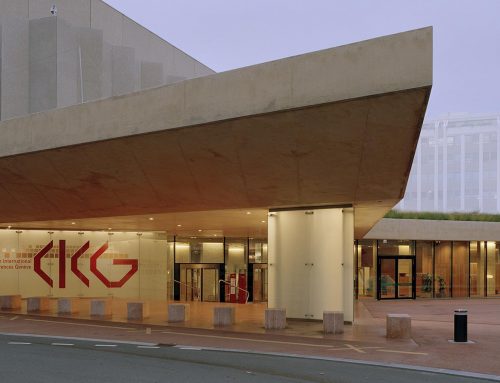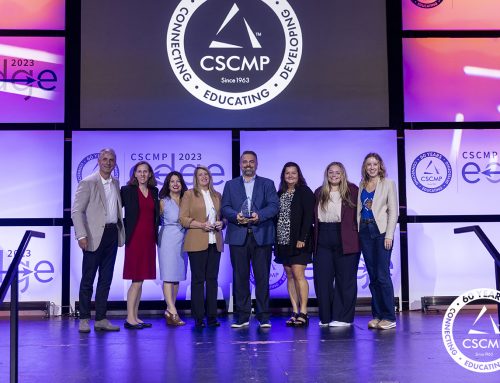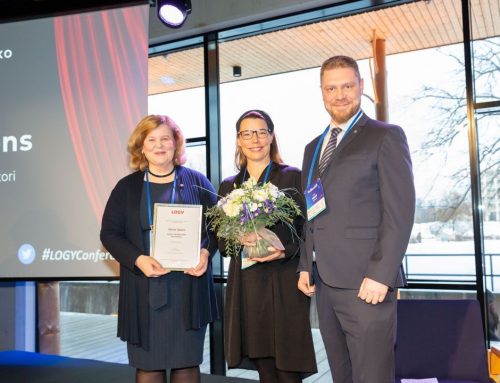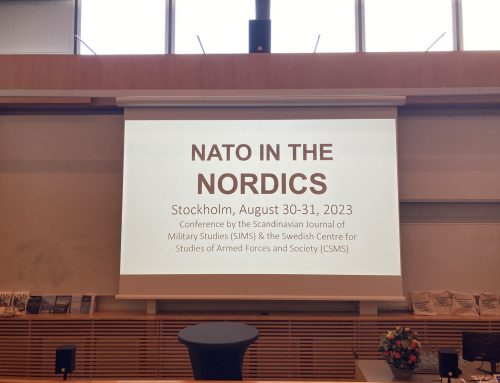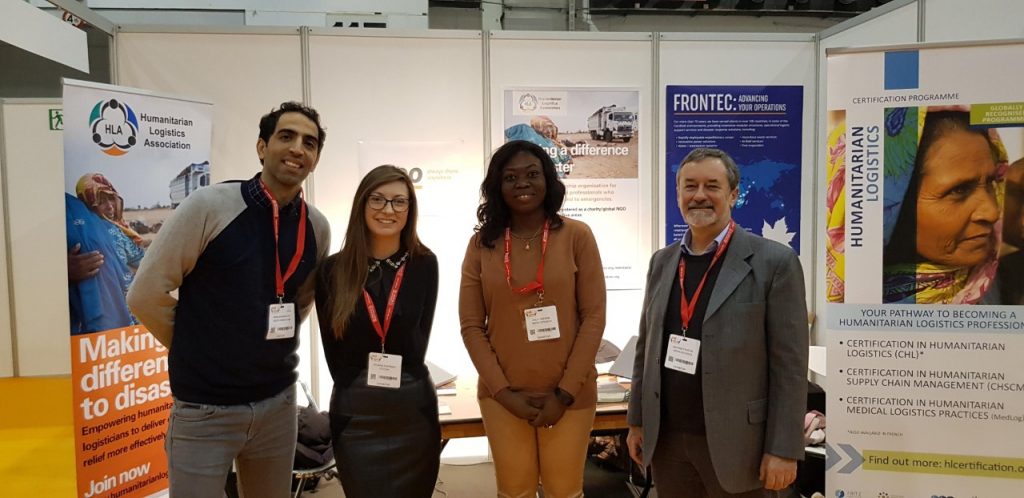
HUMLOG’s Postdoctoral Researcher Amin Maghsoudi participated in the Aidex2019 conference in Brussels last week, where he gave a presentation on cash assistance in humanitarian relief and met experts from across the international humanitarian community.
Day 1
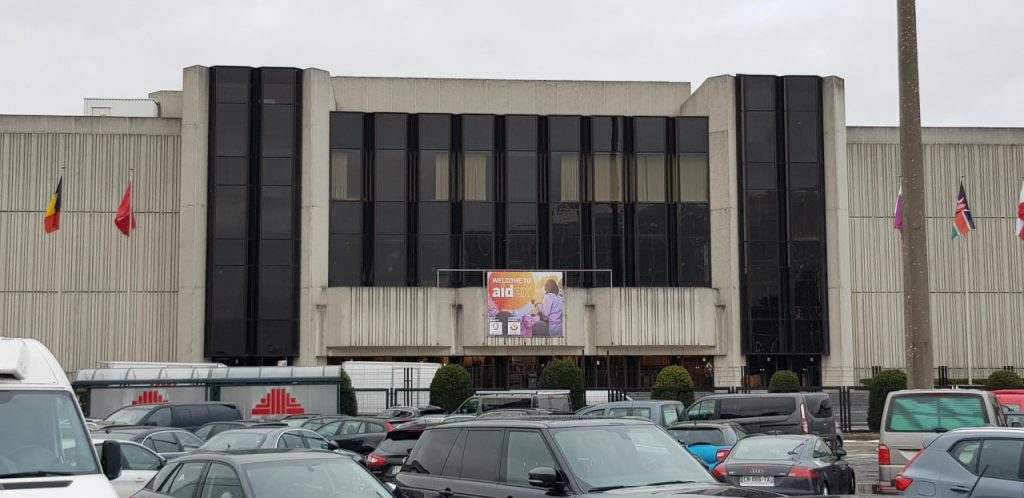
I attended two important workshops. The first one was about Eco supply chain design. It was organized and co-facilitated by George Fenton from Humanitarian Logistics Association (HLA). The practical implementation of carbon free supply chains as well as the challenges, tasks, technical procedures and other issues were discussed. The second workshop I attended was about delivering healthcare in conflict, which was based on a particular case in Syria. I had the opportunity to network with people who have relief operations in a conflict in Syria.
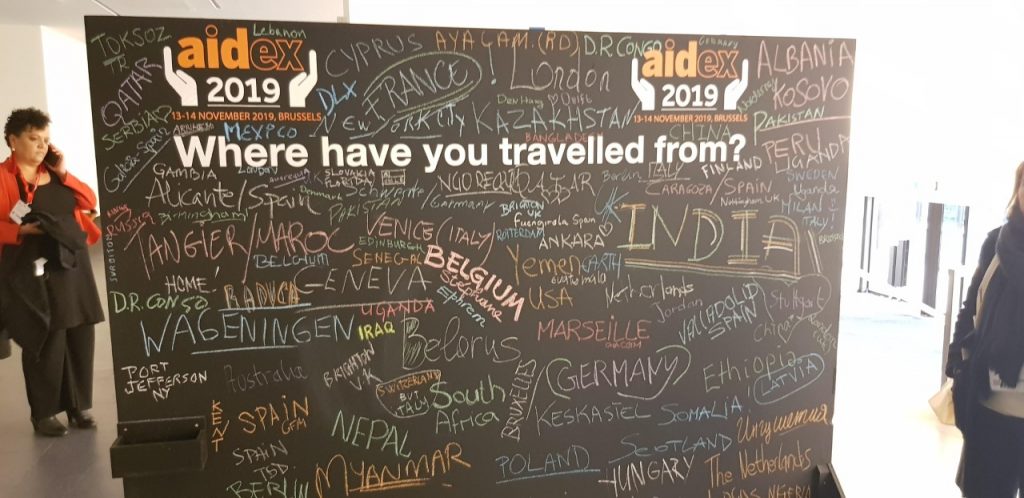
During the day, I also met people from UNHCR; Nutriset, which is a food provider for children in Africa; NGOs such as Syria Relief and Development Aid; Barzani Foundation as well as some businesses working as emergency suppliers.
Day 2
During the Cash session, George Fenton stared the discussion by giving a brief introduction about the topic and its importance by providing some specific examples across countries based on his experience. Next, I started my presentation by introducing the HUMLOG Institute and myself. I presented the cash concept, its importance and growth of usage in the relief sector and potential interest by humanitarian organizations (HO). I then opened the discussion to the audience, who discussed the particular situational factors and challenges that need to be considered when HOs use cash transfer programs. We then narrowed the discussion and connected it to logistics and supply chain aspects.
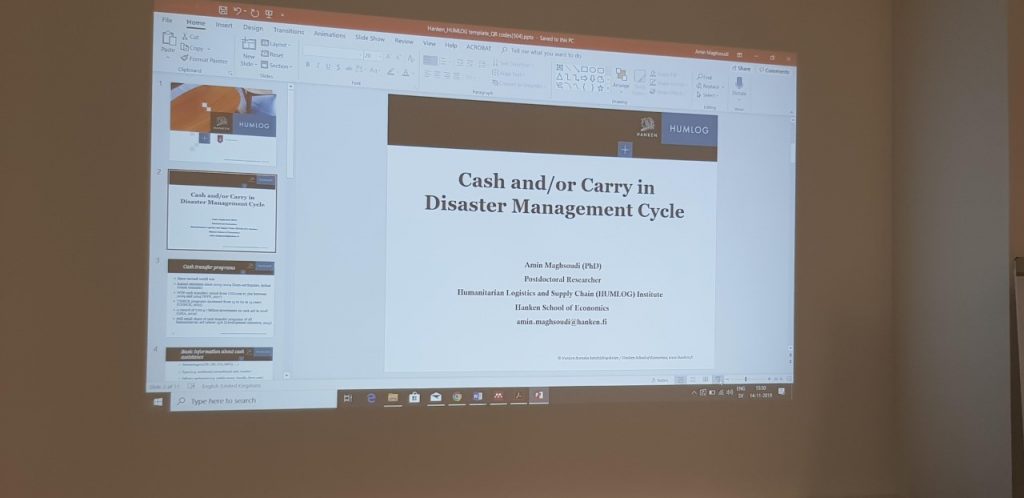
The ending session was great and we had a final discussion about the potential outcomes and impact of cash assistance on both HO’s performance and beneficiaries.
Some raised questions from the audience and that may be interesting to look into for further research:
- Is there any standard practices as a benchmark to adapt when we do use cash transfer?
- How about accountability issues when we switch from in-kind to cash?
- How can use technology such as blockchain in a transparent way to visibly monitor the money transfers from upstream to downstream? How to design and develop smart contract with financial institutes when use cash aid?
- What are the procedures to differentiate between fake traders and the reliable traders for money transfer?
- How to connect and coordinate with local government for the legalization of cash transfer programs in emergencies?
- What are the available market assessment and supply chain assessment indicators and measurements when plan to apply cash aid? And whether can borrow and adapt from commercial supply chain?
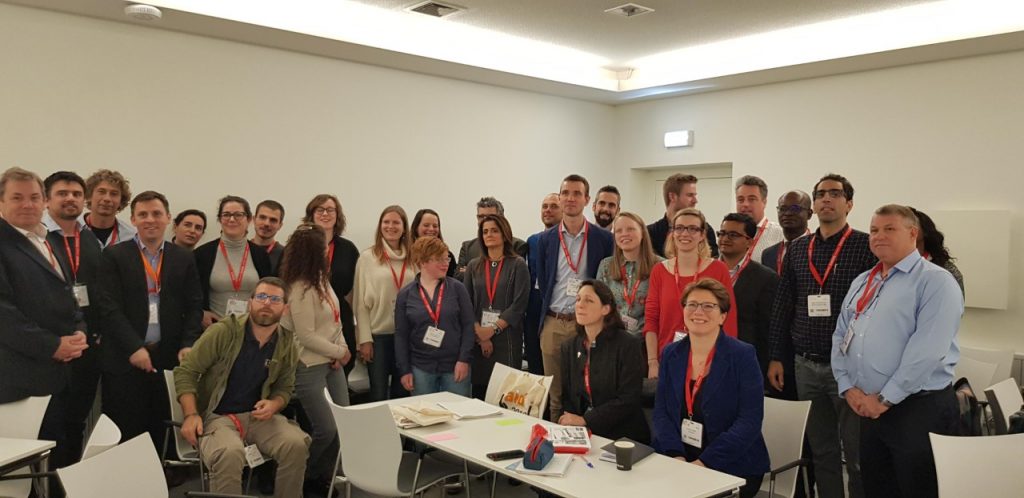
It seems there are some factors and challenges that may have negative impacts on performance when delivering cash. There was also a debate about what will happen to invested resources such as warehouses, fleet and logisticians when we use cash instead of in-kind. Although cash is not a new issue, HOs are becoming more interested to invest on cash transfer programs. Its agreed by audience the future of humanitarian aid will shift more toward use of cash rather than in-kind.
There were also some other raised issues by audience such as the importance of digital literacy on use of cash aid, women protection through in-kind and cash, emergent need for training the humanitarian logistician on cash implementation and monitoring, and hybrid approach.
I guess, there are a lot of research questions and each can be project to propose. At the end, we seek for more collaboration with HOs, academia, and private sector with regard to this subject. HLA can lead and connect the actors. We seek for further collaboration.
At the end, I would say thank to HUMLOG for their generous support giving this chance to me to attend conference and meet people and present our work.
Amin Maghsoudi, postdoctoral researcher

